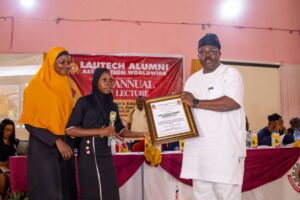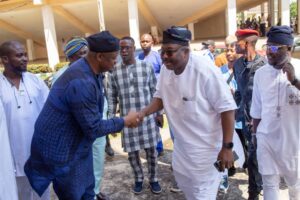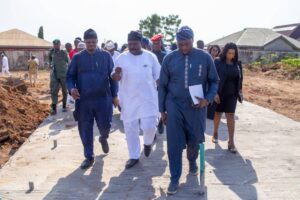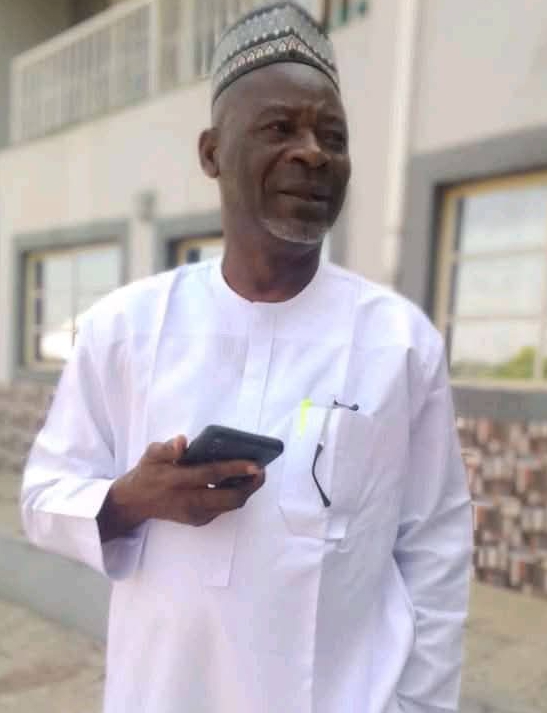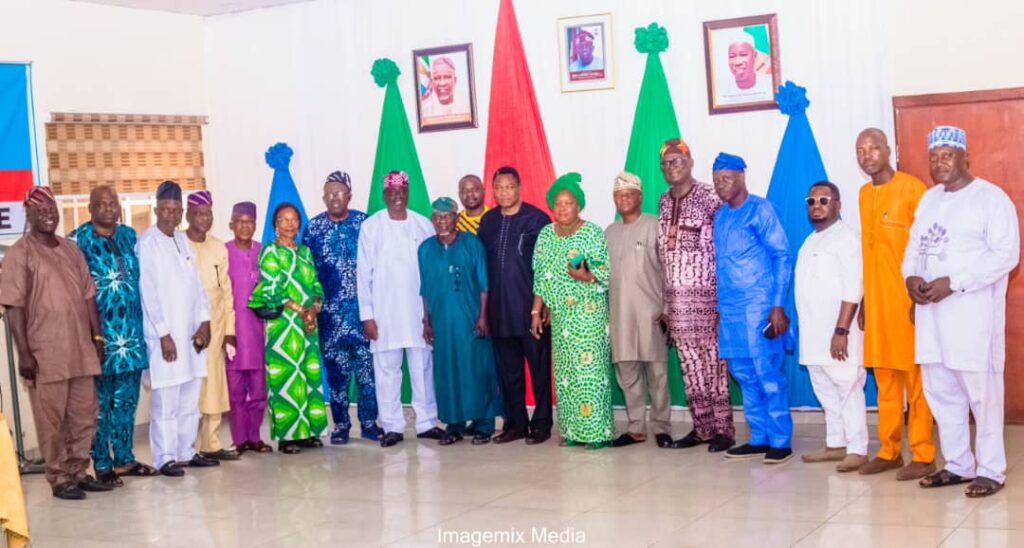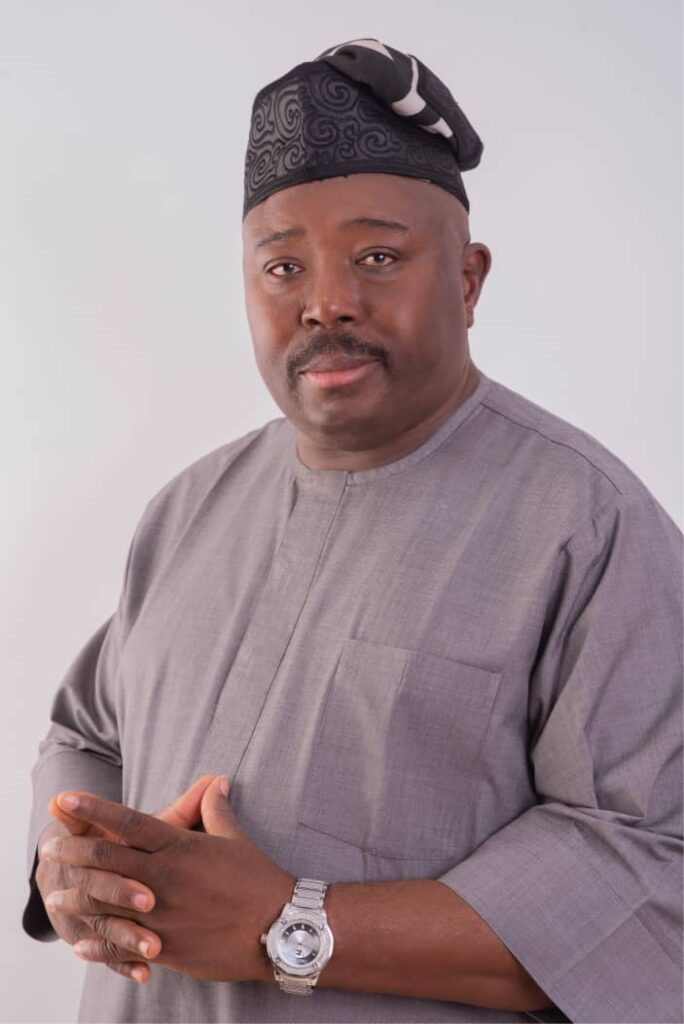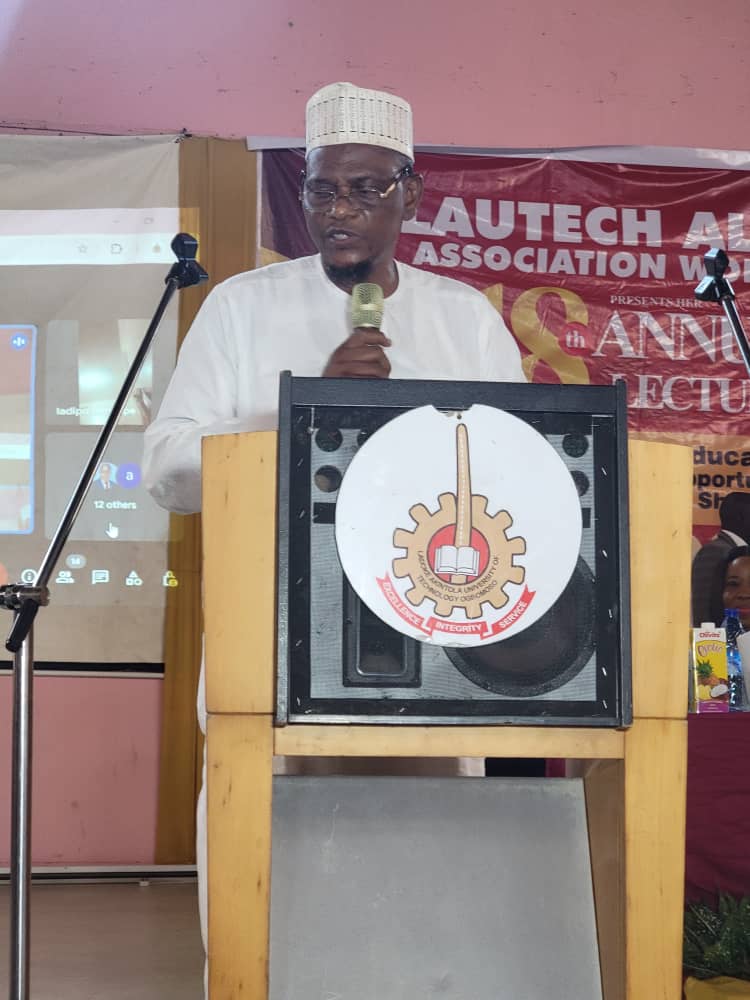Nigeria’s Budget Allocation For Education Sector Far Below UNESCO Recommendation – Sen. Alli
Written by News Desk on November 15, 2024
Senator Sharafadeen Alli (APC-Oyo South) has emphasised the urgent need for collaborative approach to reform Nigeria’s education sector, calling on alumni, government, and private sector partners to play active roles in addressing its challenges.
He made call on Thursday during the 18th LAUTECH Alumni annual lecture held at the institution’s Great Hall in Ogbomoso.
Senator Alli in his lecture entitled ‘Revamping Nigeria’s Education: Addressing Challenges, Alumni Contributions, and Funding Strategies’ discussed critical issues and potential solutions to revitalize the sector.
The lawmaker while addressing a gathering of alumni, educators and students, stressed that a thriving education sector was foundational to Nigeria’s progress.
“Our education system is the cornerstone of national development, yet significant hurdles hold it back. Underfunding and inadequate infrastructure are key barriers to the educational growth,” he said.
He pointed out that Nigeria’s budget allocation for education was very low and well below UNESCO’s recommended 26 percent.
“Without adequate funding, particularly in rural schools, the quality of learning environments is compromised. This funding gap greatly impacts public institutions’ ability to offer quality education, “he said.
Alli said that infrastructural shortcomings also affect many schools across the country, noting that numerous schools, especially in rural areas, lack essentials such as classrooms, libraries, and laboratories.
According to him, overcrowded classrooms and inadequate facilities limit the effectiveness of education at all levels, underlining the need for substantial improvements.”
The lawmaker argued that alumni could play a transformative role by contributing financially and offering mentorship.
He said that through scholarships, infrastructure support as well as career guidance, alumni can bridge gaps between education and the workforce.
“Alumni have the power to be change agents, supporting scholarships, mentorship, and improving the educational landscape,” Alli noted.
The lawmaker also advocated for Public-Private Partnerships (PPPs), describing it as essential for educational reform.
Senator Alli suggested that private sector involvement could support infrastructure and provide learning resources, while PPPs could be instrumental in vocational training initiatives to improve students’ employability.
He reiterated that transforming Nigeria’s education system required united effort among the government, private sector, and alumni.
“Sustainable funding and collaboration are essential to ensure quality education is accessible to all. An educated populace is crucial for national advancement.
“With dedication and unity, we can build a high-quality education system that empowers our youth and secures Nigeria’s future,” he concluded.

